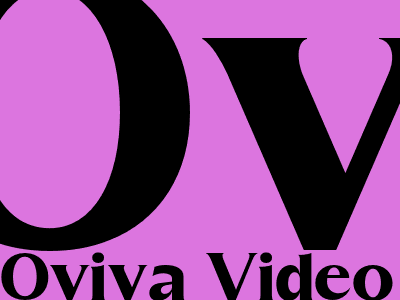
Oviya Video: A Comprehensive Guide to the Controversial Footage
Introduction
The Oviya video, which surfaced online in 2017, has sparked widespread controversy and debate. The footage, allegedly showing popular Tamil actress Oviya in a compromising situation, has raised questions about privacy, consent, and the ethics of sharing such content. In this in-depth guide, we will explore the various aspects of the Oviya video, its impact, and the legal implications surrounding its distribution.
The Video's Release and Impact
The video was first shared on social media platforms in May 2017, quickly going viral and causing a stir among the actress's fans and the general public. The footage's release sparked outrage and condemnation from various sections of society, including women's rights activists and the film industry. Many criticized the invasion of Oviya's privacy and called for action against those responsible for leaking the video.
The controversy surrounding the Oviya video brought to the forefront issues of consent and the unauthorized distribution of private material. It raised questions about the ethical implications of sharing intimate footage without the subject's consent and highlighted the need for stronger laws to protect individuals from such violations.
Legal Implications of the Video's Distribution
The unauthorized distribution of the Oviya video raises several legal concerns, including:
- Invasion of Privacy: The video's release without Oviya's consent is a clear violation of her right to privacy. Indian laws, such as the Information Technology Act, 2000, prohibit the publication or transmission of private information without consent.
- Defamation: Sharing the video with malicious intent to damage Oviya's reputation could constitute defamation. The footage's content could be seen as defamatory, and those responsible for its distribution could face legal action.
- Cybercrime: The unauthorized distribution of the video over electronic platforms, such as social media, may constitute a cybercrime under the Information Technology Act. This offense carries penalties, including imprisonment and fines.
Conclusion
The Oviya video controversy has highlighted the importance of protecting individuals' privacy and the need for responsible behavior in sharing sensitive information. The unauthorized distribution of such footage not only violates the subject's fundamental rights but also has serious legal implications. Laws and regulations must be strengthened to prevent such incidents and ensure the protection of individuals' privacy.
It is crucial that society collectively condemns the sharing of intimate footage without consent and calls for legal action against those who violate individuals' privacy. By raising awareness and fostering a culture of respect, we can create a safer and more just society for all.